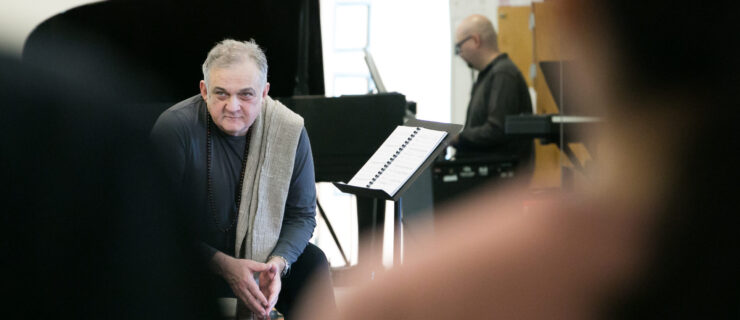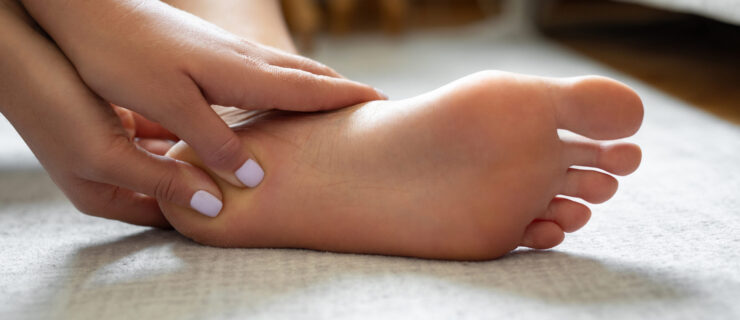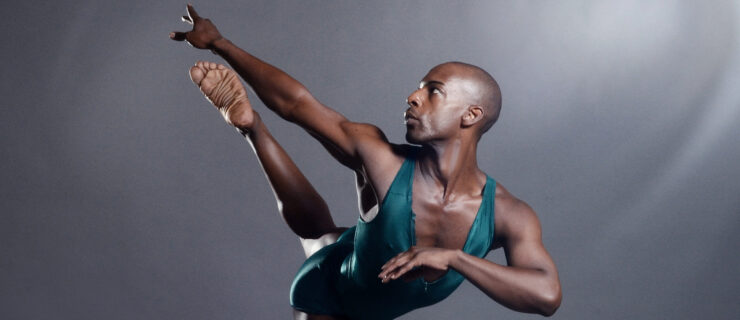What to Do if You Suspect a Friend Is Struggling With Disordered Eating
After a performance, you and your friend decide to hit up a restaurant you frequented prior to the pandemic. It’s like the good old times again, except for one thing: You hear your friend say, “I’ll have to double my workout time tomorrow to burn these calories!” A few days later, they remark, “I can’t have that—too many carbs” and “I wish I had a body like yours.” You’re beginning to worry about their preoccupation with weight loss. You wonder, Should I say something? Is it even my place? Will I trigger them more?
Dancers are in a unique position to notice red flags for eating disorders and disordered eating behaviors in their peers. However, many don’t know how to help. What’s the best way to support a friend who may be struggling?
Avoid Comments About Their Body
Commenting on anyone’s weight, shape or size is not helpful in any context, and for dancers struggling with disordered eating, it can trigger them. Avoid comments like “Have you lost/gained weight?” “You’re too thin/skinny/fat/small!”
Instead, licensed clinical psychologist Jessica Bartley recommends opening up the conversation to talk about mental health in general. She points out, “There’s usually more underneath. Find out what are other things going on in their life.”
Be Genuine
Ask how someone is doing, and show a true interest. “The main thing is expressing authentic concern and really being able to share in a way that’s not judgmental but lets the individual know that they are seen,” says Josh Spell, consulting therapist for the Pacific Northwest Ballet School.
Start the conversation using “I” statements. Try phrases like:
- “Hey, I’ve noticed…”
- “I want us to be honest with one another. How are things going for real?”
- “I want to know more about what’s happening.”
- “I care about you. How can I help?”
Using “you” statements can feel like an attack. Avoid saying things like:
- “You are not eating enough.”
- “You’ve got to change or I will…”
- “Are you really going to eat all that?”
- “You need help!”
Just Listen
Remember that you don’t have to be the expert. Your role can simply be to listen, offer support and direct them to resources (if they want them). “It’s not helpful to force someone into treatment or to take things away,” Bartley says. “They can start getting defensive, and you can lose their trust.”
Inform Someone You Trust
You don’t have to do this alone. If you feel like you’re in over your head or are unsure of what to do, talk with a teacher or trusted administrator. Bartley recommends the National Eating Disorders Association’s Toolkit for coaches, trainers and teachers who want to learn how to better support their students.
Offer Resources
Even if someone denies a problem or refuses support, create a safe environment for when they’re ready to get help. Continue to be there as a friend. Ask them if they want to talk about other aspects of life as a dancer. “The disorder really thrives in secrecy,” emphasizes Spell, “so just letting the person know they are seen and heard can go a long way.”
Once they’re open to receiving help, encourage them to see a therapist or dietitian trained in eating disorders, or to call the National Eating Disorders Association’s Helpline (800.931.2237) to talk with a trained volunteer anonymously. Spell also recommends the National Association of Anorexia Nervosa and Associated Disorders, which provides free, peer support services.
Watch Out for these Red Flags
According to the National Eating Disorder Association, some signs of disordered eating include:
- A preoccupation with weight, food, calories, carbohydrates and/or dieting
- Skipping meals or taking small portions
- Cutting out entire food groups or restricting them to certain calories
- Practicing new food rituals (for example, excessive chewing or not allowing different foods to touch)
- Being uncomfortable eating around others or more withdrawn from friends and activities





